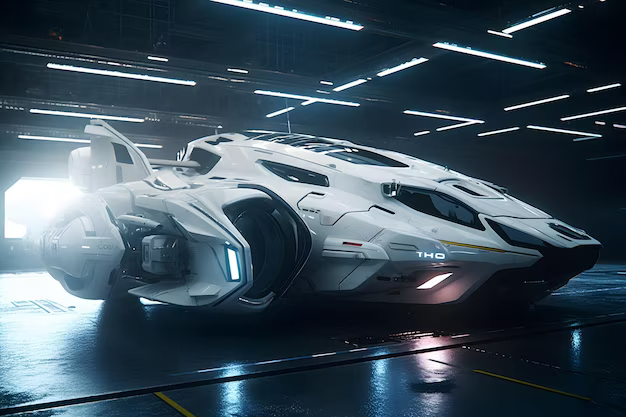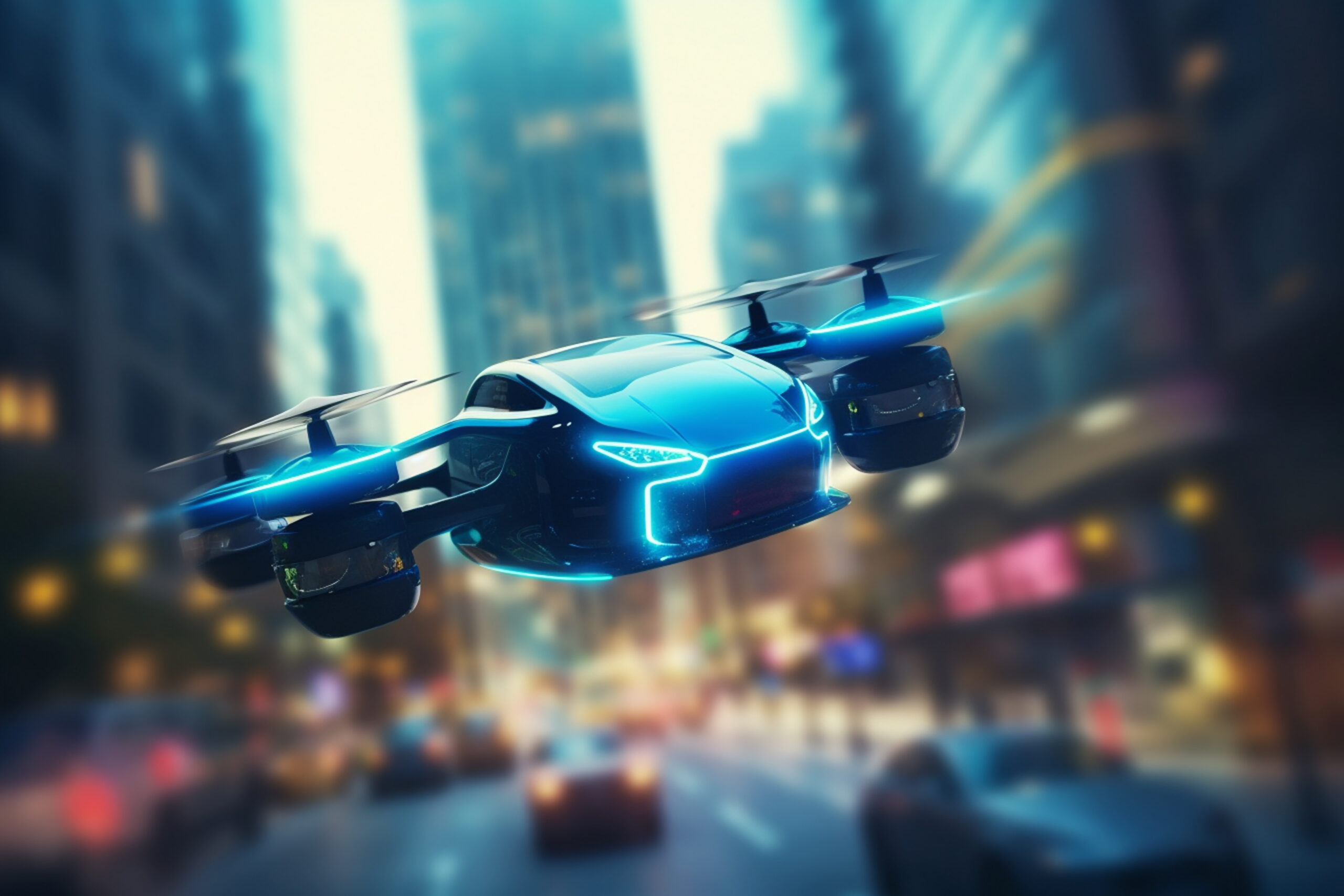

In recent years, AI and Robotics have made remarkable strides, propelled by breakthroughs in deep machine learning, computer vision, natural language processing, and hardware advancements.


In the ever-evolving landscape of technology, the emergence of BIONETICA has brought forth a revolutionary approach to the development of autonomous systems.
Drawing inspiration from nature's efficient and adaptive designs, BIONETICA is reshaping the way we create autonomous systems that are not only more capable but also inherently sustainable.Autonomous systems, encompassing everything from self-driving cars and drones to industrial robots and smart infrastructure, are defined by their ability to operate and make decisions without human intervention.
Their potential for transforming industries, increasing efficiency, and enhancing safety is immense.BIONETICA approaches autonomous systems development with a unique set of principles and practices:


BIONETICA autonomous systems find applications in various sectors:
While BIONETICA's approach to autonomous systems is promising, it also raises challenges related to data privacy, safety, and ethical use of A.I.
These concerns require careful consideration and responsible innovation.BIONETICA's service in autonomous systems development is a testament to the potential of combining nature-inspired principles with cutting-edge technology.
By creating autonomous systems that emulate the efficiency, adaptability, and sustainability found in the natural world, we are not only advancing technology but also harmonizing it with our environment. As we continue to explore and refine BIONETICA's contributions to autonomous systems, we move closer to a future where technology and nature coexist, benefiting society, the economy, and the planet as a whole.Error: Contact form not found.
Copyright Bionetica S.r.l. - Wiply Corp OÜ